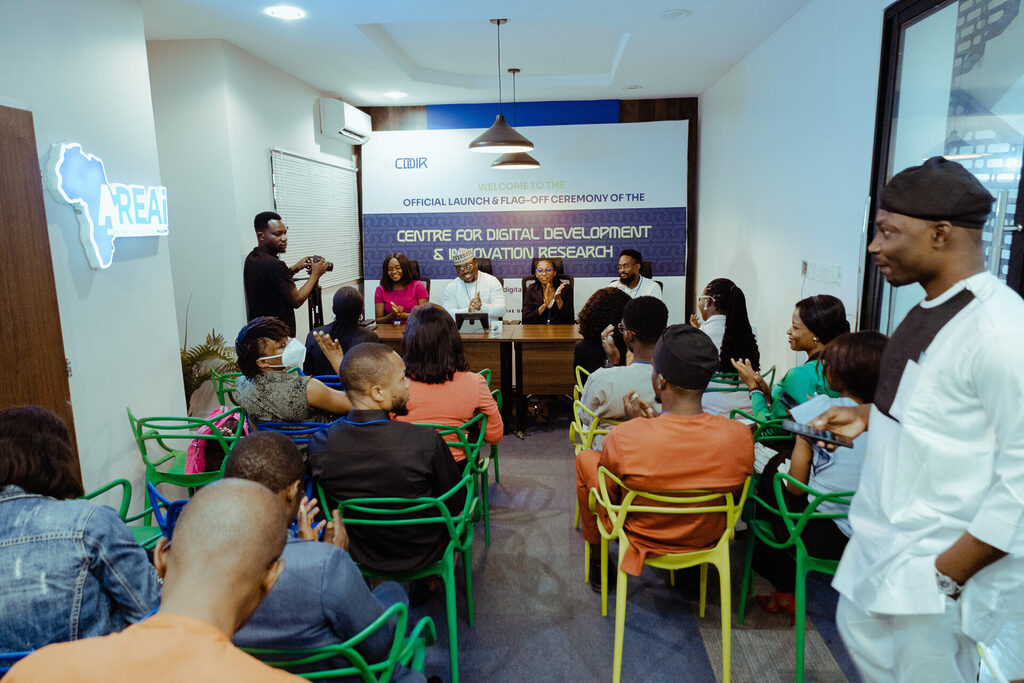
We are living in an era of relentless transformation from the rapid advancements in AI and biotechnology to the urgent challenges of rising inequality and the climate crisis. Research is not a luxury but an indispensable compass guiding us through complexity and toward sustainable, inclusive progress.
At the very heart of this journey lies education, the foundational bedrock upon which innovation, adaptability, and national development rest. The Centre for Digital Development and Innovation Research (CDDIR), an initiative of AREAi, is deeply committed to leveraging robust research to transform Nigeria’s education sector and contribute meaningfully to the global discourse.
Technologies like AI, the Internet of Things (IoT), and big data are rapidly reshaping societies, economies, and our daily lives. Yet, without context-specific research, we risk merely being consumers rather than active innovators. Research is essential for the ethical deployment and adaptive integration of these tools, especially in developing countries (OECD, 2021). At CDDIR, our work in design research for digital innovation ensures technology is not just introduced, but thoughtfully tailored to local educational needs and realities (AREAi, 2024).
Global crises from climate change and pandemics to social inequality and food insecurity are complex and interconnected. Addressing them demands interdisciplinary research that uncovers root causes and provides evidence-informed solutions. For instance, Nigeria’s climate-impacted agricultural sector urgently requires resilience-building research to adapt to changing weather patterns and ensure food security (IPCC, 2023). Without deep, contextual understanding, interventions often fall short.
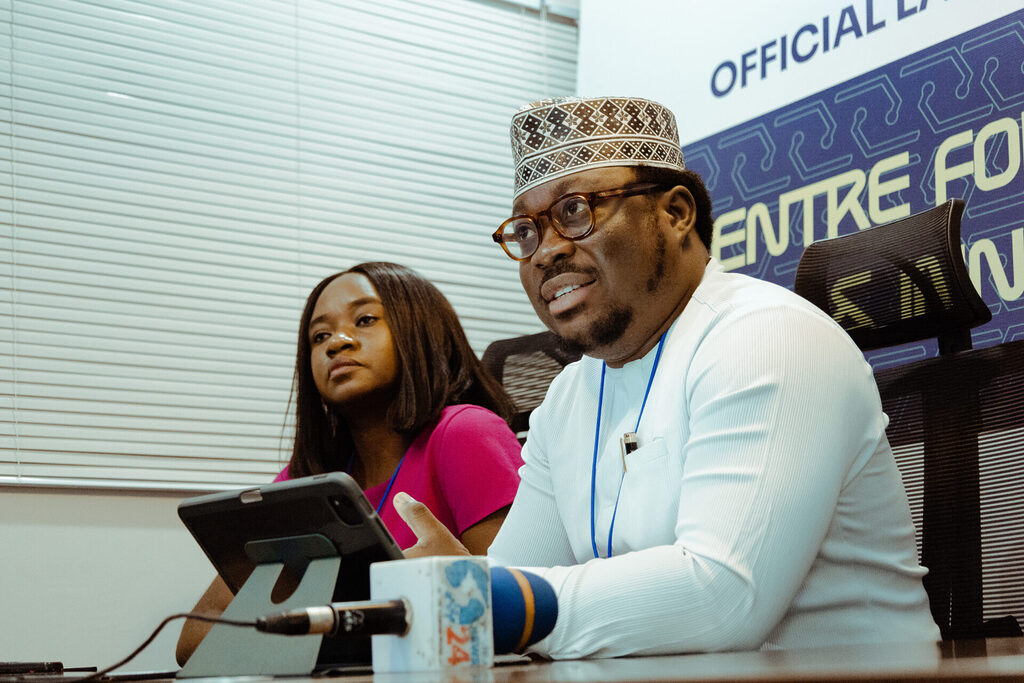
As global economies shift from being primarily resource-based to increasingly knowledge-driven, research becomes the engine of innovation. Nations and institutions that strategically invest in educational research are better positioned to foster a skilled workforce, enhance national competitiveness, and fuel broader societal transformation (EHL Insights, 2021). This strategic investment isn’t just about economic growth; it’s about building a future-ready populace.
Despite the critical role of education, research in this sector often remains underfunded and underutilized globally, particularly in developing nations. According to reports from the World Bank (2024), this chronic underinvestment undermines the ability of governments to deliver responsive, data-informed policies in education and labour development. Robust research provides the essential insights needed to move beyond assumptions and craft effective, equitable, and sustainable policies.
The rapid pace of change means that many of the jobs of tomorrow don’t yet exist. Education systems, therefore, face the profound challenge of preparing students not just for current demands, but for an unpredictable future. Research is critical in helping us identify emerging skill demands such as digital literacy, adaptability, creativity, and complex problem-solving and in informing the curricular reforms necessary to cultivate these competencies (World Economic Forum, 2023).
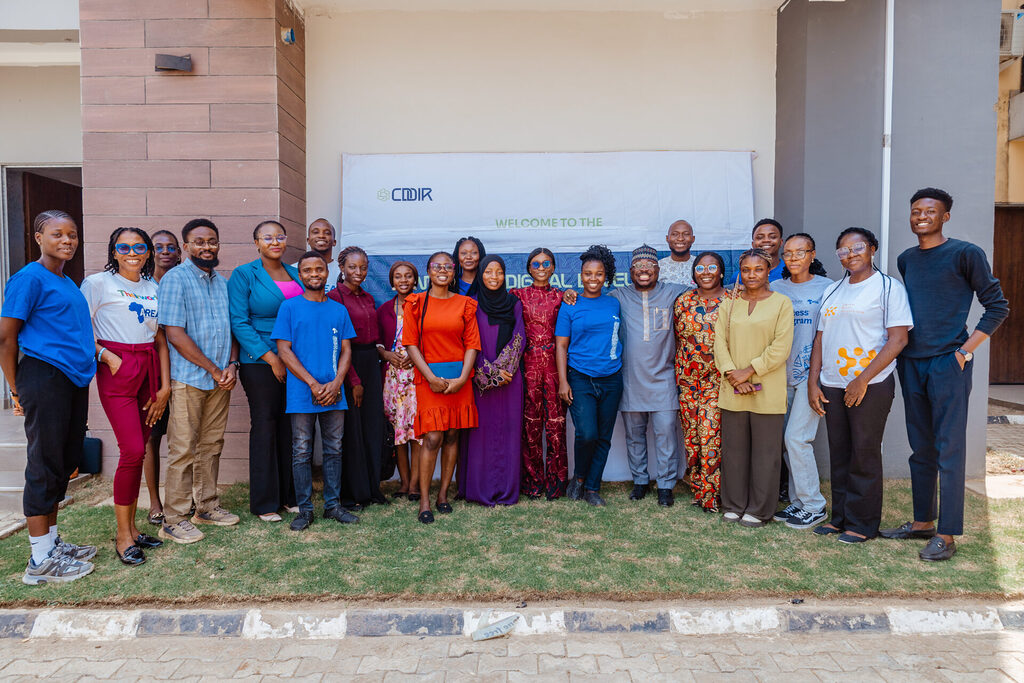
How do learners best engage with content across diverse settings? Research into pedagogical methods, including blended learning, gamification, and microlearning, guides educators in adopting approaches that are effective and engaging. Embedding research and development directly into teaching practices has consistently been shown to improve both learner outcomes and teacher efficacy (National Foundation for Educational Research, 2023). This continuous inquiry ensures education remains dynamic and relevant.
Educational research serves as a powerful tool for exposing disparities in access, retention, and quality, especially among marginalized populations like rural learners, girls, and children with disabilities. It provides the essential basis for designing and implementing inclusive, gender-responsive interventions that truly leave no one behind (UNESCO, 2023). CDDIR’s commitment to inclusive and equitable access through digital innovations is rooted in this research-driven understanding of disparities.
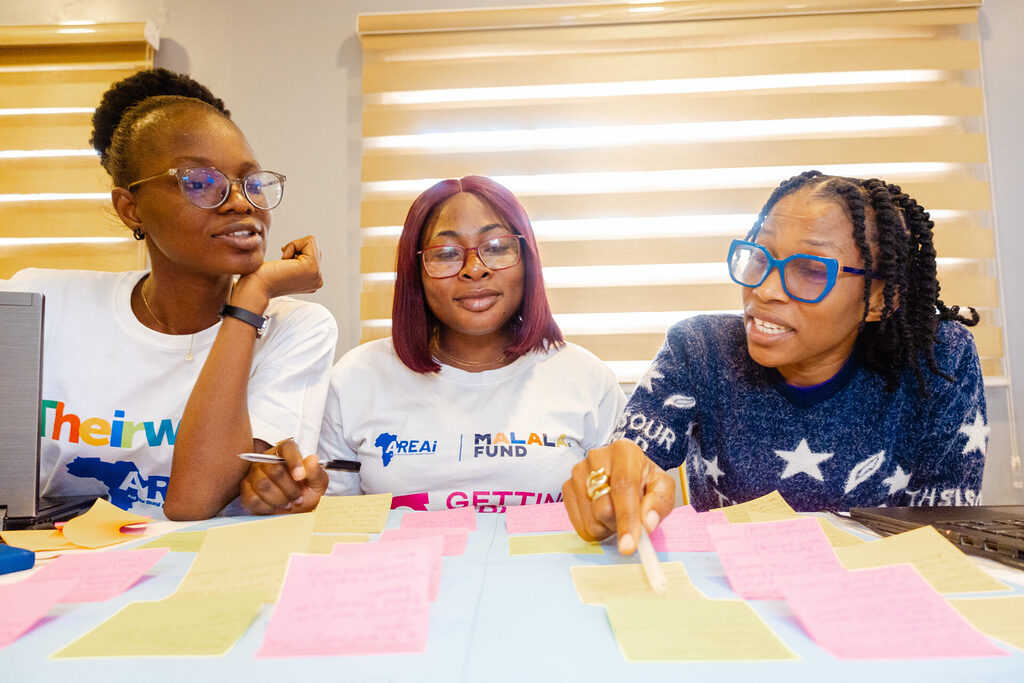
Research actively fuels innovation within the education sector itself, from the development of new EdTech platforms to novel curriculum designs. It helps identify what works, why it works, and how to scale it sustainably, particularly in resource-constrained settings (Global Education Monitoring Report, 2023). This iterative process of research, piloting, and evaluation is crucial for transformative educational change.
Nigeria, with its large and youthful population, represents a nation of immense potential. However, this potential is often constrained by underfunded education systems and uneven digital access. Research provides the essential roadmap to navigate these challenges and unlock Nigeria’s significant demographic dividend, transforming it into a powerhouse of human capital.
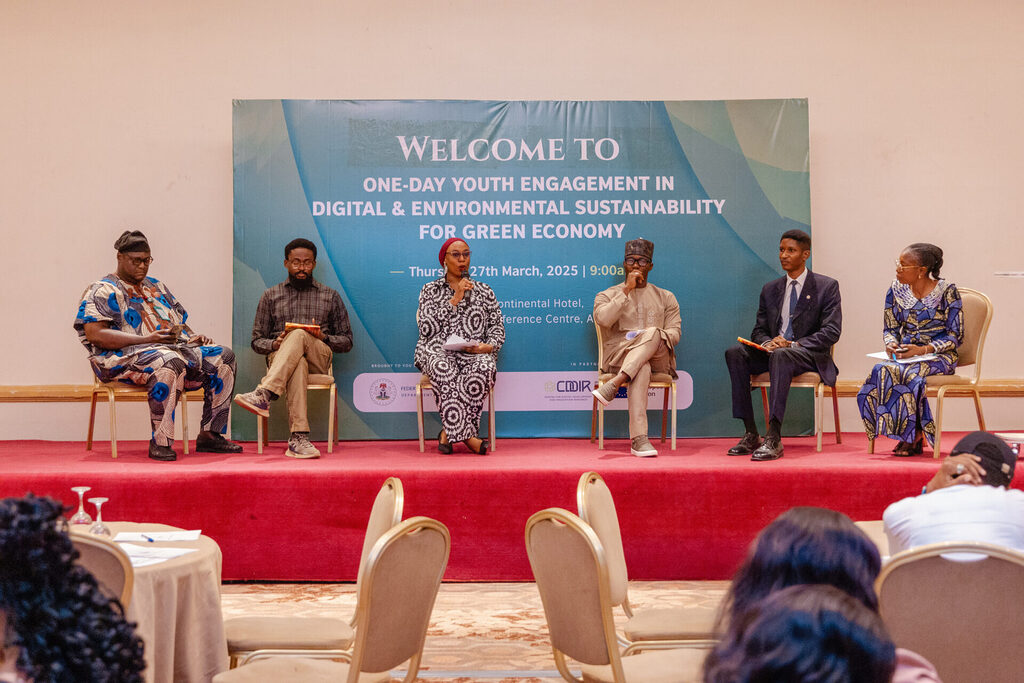
At CDDIR, we embody the principle of research-driven development. As articulated during our public launch in September 2024, CDDIR doesn’t just theorize; we generate robust evidence to inform ecosystem activation, policy formulation, resource allocation, and program implementation (AREAi, 2024).
Our research spans four key strands: digital innovation, capacity development, learning design, and technology appropriation. This direct engagement with research informs our scalable interventions in skills development, digital learning, and rural education across Nigeria.
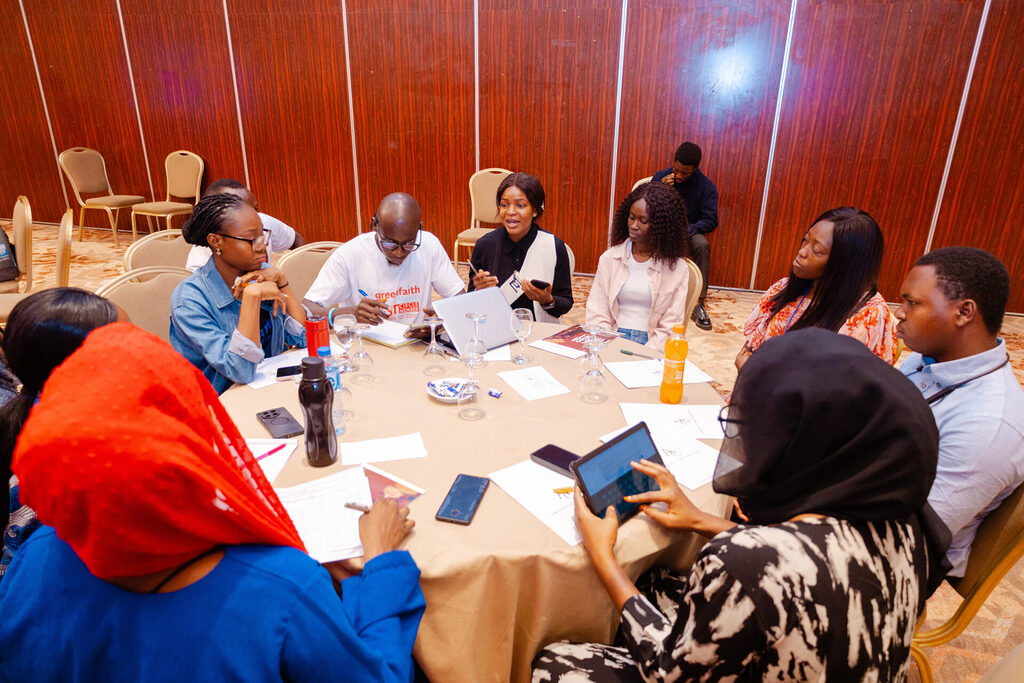
Research only truly has value if its findings are acted upon. CDDIR actively ensures that our research is disseminated, translated into actionable programmes, and shared effectively with stakeholders across government, industry, and civil society (SciDev.Net, 2021). This commitment to knowledge translation ensures that insights move from academic papers into real-world impact.
No single institution can drive national transformation alone. CDDIR champions a collaborative approach, fostering local and international partnerships. By working with universities, other NGOs, government agencies, and the private sector, we aim to build a robust Nigerian research ecosystem in education that can collectively address our shared developmental goals.
In our ever-developing world, neglecting research in education and broader development is a perilous path. Without rigorous, locally-led inquiry, solutions remain haphazard, progress is stunted, and existing disparities widen.
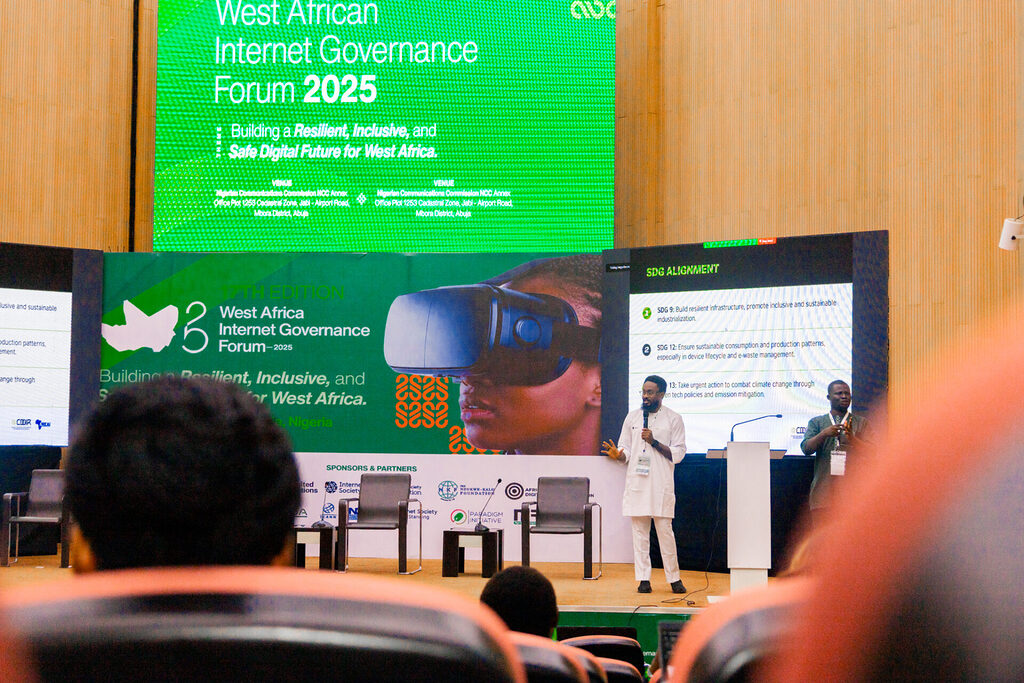
Education, powered by research, becomes the primary engine for unlocking human potential. Nigeria and the wider developing world must recognize and invest in educational research not as a supplementary activity, but as essential infrastructure for inclusive growth and national resilience.
At CDDIR, we remain committed to generating and applying rigorous research to empower learners, strengthen policies, and improve national development. Certain that with research as our compass and education as our vessel, we journey confidently into a brighter, digitally inclusive future.
Written by:
Praise Adebisi
Research Practice Lead – Centre for Digital Development and Innovation Research (CDDIR)
AREAi. (2024). CDDIR Launch: Building a Research Ecosystem for Nigeria’s Digital Future. https://areai4africa.org/news/cddir-launch-2024/
EHL Insights. (2021). Why research is important in higher education. https://hospitalityinsights.ehl.edu/importance-research-higher-education
Global Education Monitoring Report. (2023). Technology in Education: A tool on whose terms? UNESCO. https://www.unesco.org/reports/global-education-monitoring-report/2023/en
IPCC. (2023). Climate Change 2023: Synthesis Report. Intergovernmental Panel on Climate Change. https://www.ipcc.ch/report/ar6/syr/
National Foundation for Educational Research. (2023). Embedding research into school improvement. https://www.nfer.ac.uk
OECD. (2021). AI and the Future of Skills, Volume 1: Capabilities and Assessments. https://www.oecd.org/education/ai-and-the-future-of-skills/
SciDev.Net. (2021). Science communication must change in the Global South. https://www.scidev.net/global/opinion/science-communication-must-change-in-the-global-south/
UNESCO. (2023). Education for Sustainable Development: Learning to transform. https://en.unesco.org/themes/education-sustainable-development
World Bank. (2024). The State of Global Education: Learning in Crisis.
World Economic Forum. (2023). Jobs of Tomorrow: Mapping Opportunity in the New Economy. https://www.weforum.org/reports/jobs-of-tomorrow/